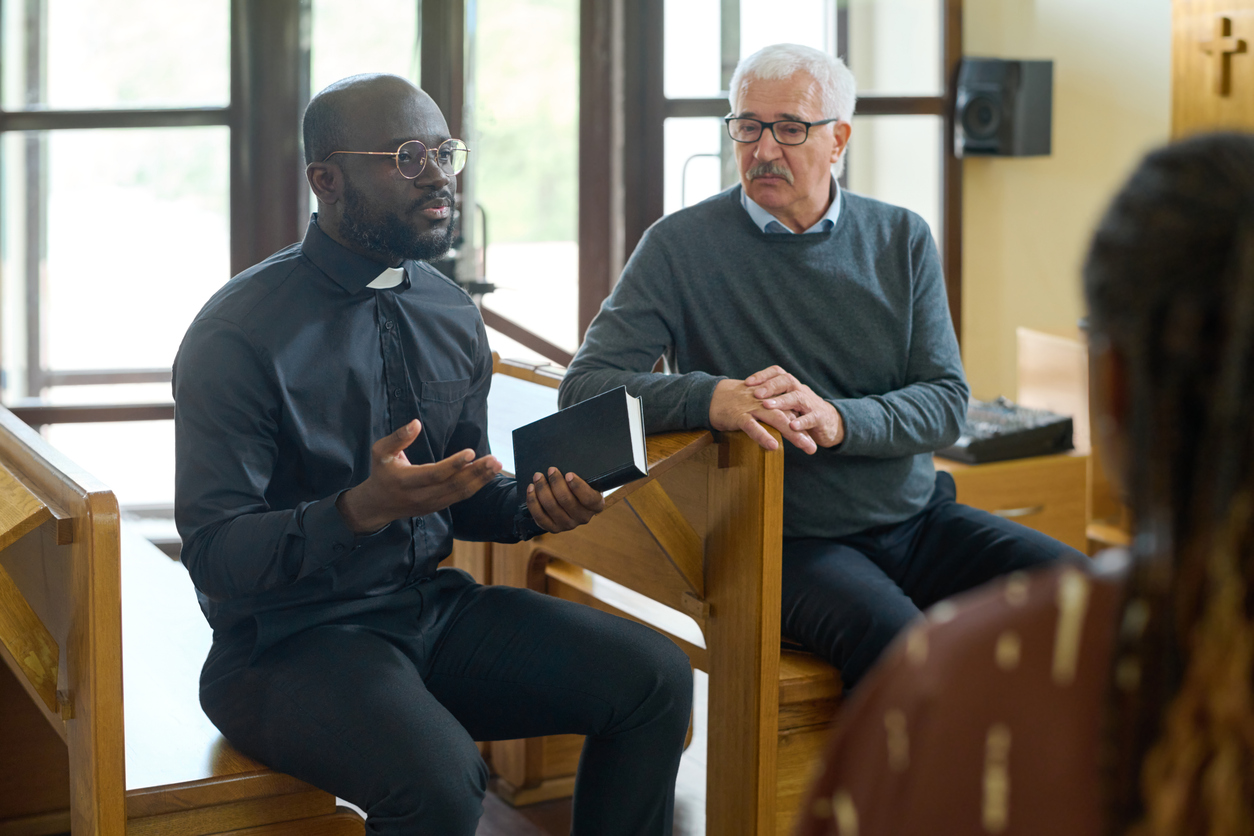Effective stewardship and donor development take planning. A lot of thought and care should go into your church’s fundraising efforts to ensure donors feel seen, heard, and cared for throughout the year.
But as the saying goes, even the best-laid plans can go awry. In this 3-blog series, we’re talking about how to overcome fundraising obstacles that can pop up even in well-executed development programs. These are issues or crises that you can’t anticipate, but you can plan to respond and handle them in a way that protects your church and donors. We’ll cover leadership transitions or unplanned changes, budget shortfalls, and in today’s post – unexpected costs.
Occasionally, even careful organizations will have an emergency expense situation or a sudden cost that was unplanned. If your members are confident you are a good steward of resources, they will also know that this particular expense was not the result of poor leadership or bad planning.
Perhaps a sudden storm causes damage not covered fully by your property insurance. Or your HVAC needs a critical repair not included in this year’s budget. Or maybe the church van transmission blows the week before your mission trip.
These can be opportunities for donors to step up and meet an urgent church need. First, carefully outline what hard costs the church can absorb. Convene a small group of trusted leaders, donors, and volunteers to help think through options. Does anyone in the church have business connections or own a company that would be willing to help or consider a donation? How much could the church realistically ask the congregation to help? Is there a donor willing to provide a lead gift or a matching gift?
Be transparent and open with the congregation in your ask. Explain the situation and that you are asking members to consider a special gift over and above their tithe or pledge offerings to help meet this need. Suppose a replacement van will cost $20,000. Explain that the church had only planned $5,000 in vehicle maintenance this year, and you are asking donors to help fund the remaining $15,000. Perhaps you have a donor willing to give $7,500 if others in the congregation will give gifts that together will total the other $7,500 – so each donor’s gift is matched.
A word of caution: emergency fundraising projects should be very few and far between. Churches and organizations that “cry wolf” every time there is an unplanned expense or a new need will quickly wear out both the trust and the generosity of their members. These are not situations you ever want, but they can be turned into opportunities for your members to participate in fueling your church’s mission by meeting a pressing need.
In our next blog of this series, we’ll talk about how to handle budget shortfalls.
Need advice? Our partnership with ACST means churches needing help can work with us on their stewardship programs. If you’d like counsel about any aspect of donor relations or your church’s development plans, contact us today, and we’ll be happy to talk with you. We are here to help and come alongside you and your congregation.
About Tim Smith
Tim has over 30 years of experience in Church, Non-Profit Administration, Management, and Fund Development. Serving as an Executive Pastor and Chief Development Officer in growing Churches and Non-Profit Organizations. He has provided a wide range of expertise and resources. Tim serves as the Founder and CEO of Non-Profit DNA. A boutique firm committed to helping nonprofits and churches. By building their capacity through fundraising, leadership, team building, staff recruiting, and coaching.




